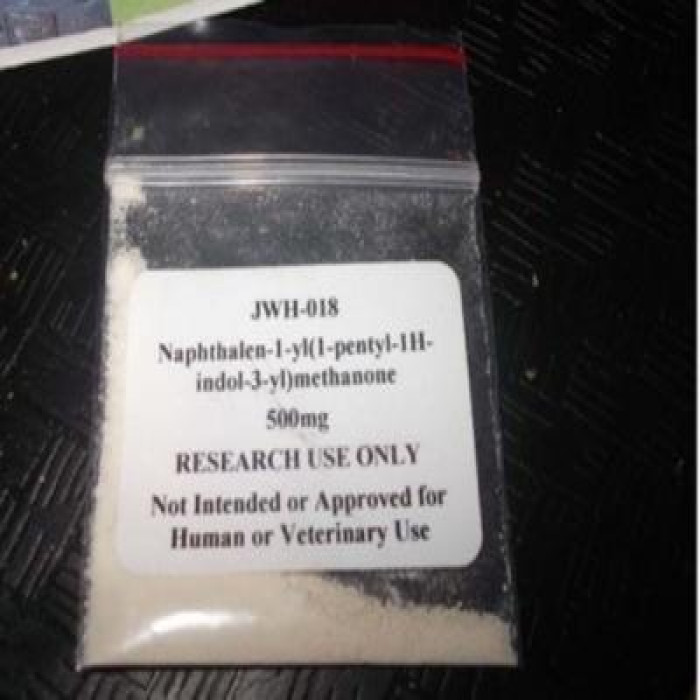
JWH Compounds: An Overview
JWH-018, JWH-073, JWH-200, and JWH-250 are synthetic cannabinoids, also known as designer drugs, that were first synthesized by Dr. John W. Huffman at Clemson University. These compounds are part of a larger class of chemicals known as "JWH compounds" that have been designed to mimic the effects of delta-9-tetrahydrocannabinol (THC), the primary psychoactive component of marijuana.
Uses of JWH Compounds
Health Effects of JWH Compounds
The health effects of JWH compounds are not well understood, and they can vary depending on the specific compound and the dose used. However, they are known to be potent agonists of the CB1 receptor, which is the main target of THC in the brain. This can lead to a range of adverse effects, including anxiety, paranoia, delusions, hallucinations, and changes in heart rate and blood pressure. In some cases, JWH compounds have been associated with serious health problems, including kidney failure, respiratory depression, and seizures.
Conclusion
JWH-018, JWH-073, JWH-200, and JWH-250 are synthetic cannabinoids that were first synthesized for research purposes. They have since been used as recreational drugs and have been associated with a range of adverse effects, including anxiety, paranoia, delusions, hallucinations, and changes in heart rate and blood pressure.


